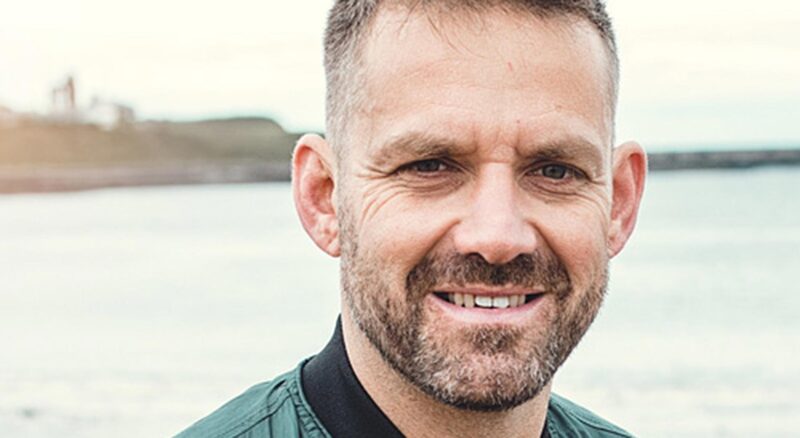You are viewing your 1 free article this month. Login to read more articles.
Mardle Books snares true crime series by Apostolides
Mardle Books has signed up Truly Unforgotten, a new true crime series by Zoë Apostolides that explores infamous unresolved cases.
The series was commissioned by publisher Jo Sollis who holds world rights to the books in a deal secured with the author. End of Innocence, the first book in the series, will be published on 18th August 2022 in paperback, e-book and audio.
"For fans of true crime books and TV dramas such as ’Manhunt’, ’The Yorkshire Ripper’ and ’Murder at White House Farm’, author Zoë Apostolides first examines the 1978 disappearance of Genette Tate," the synopsis explains. "The 13-year-old schoolgirl vanished while out delivering newspapers on her bicycle in the Exeter countryside; no trace of her was ever discovered.
"Comparisons are then drawn between her case and the earlier abductions of April Fabb (also 13), Christine Markham (nine) and Mary Boyle (six). None of these unsolved cases was assumed to be linked until 1990, when a man was apprehended having just kidnapped a six-year-old girl. That man was Robert Black, a notorious murderer about whom relatively little has been written.
"The majority of Black’s victims were working-class girls, whose parents lacked the resources to mount private investigations. Genette’s disappearance was by far the most publicised, and the book uses dramatic, fictionalised descriptions based on facts and interviews to compare her case with the others. With new and rarely seen comments from family, police and inside the courtroom, the book also spotlights the vast difference in police work/co-operation and note-sharing in the 60s and 70s.
"When Black was eventually caught, he was charged with four murders and sentenced to life, though the true number of his victims was very likely far higher. Police were preparing to charge Black with Genette Tate’s abduction and murder when he died in prison in 2016."
Sollis said: "This is a fascinating look at the way the cases were handled that eventually led to stopping Robert Black but mostly [it is] a tribute to the victims and their families who, ultimately, never received the justice of a conviction."
Apostolides added: “This is a story about murder, despite no bodies ever being found. But more than anything it’s a story about victims—about whose narrative matters and whose does not. The question of who receives coverage when missing—and how much—has never been more prescient. I’m delighted to be contributing to a conversation we need to be having with the first of this incredible series."




















